MAPPA Lab
Digital Methodologies APPlied to Archaeology
MAPPA is a Laboratory of the Department of Civilisations and Forms of Knowledge of the University of Pisa, Italy. It develops digital Methods APPlied to Archaeology and among the other things, it deals with Open Data, Data Analysis, Artificial Intelligence and GIS.
Archaeological methods and Digital archaeology
Archaeology is intrinsically digital because it makes extensive use of digital technology, but more radically, unlike other disciplines, archaeology operates from the bottom up, building its interpretation starting from fragments of the (more or less recent) past rather than starting from the whole and breaking it down. Theory, fieldwork, and digital methods are the three pillars of archaeology. Acquisition, collection, preservation, analysis, and data accessibility have become the essence of archaeology itself, with its epistemological and hermeneutical aspects.
Contemporary archaeology
The study of the contemporary world through the lens of archaeology was first established at the end of the 70s and beginning of the 80s. The early debate focused on the idea that archaeology should investigate the phenomena of “our” contemporary society, taking distance from the ethnoarchaeological approach which aimed at building replicable models, useful for the interpretation and understanding of ancient societies. However, in the 2000s, the birth of the discipline was formally sanctioned: contemporary society became a valuable target for archaeological research.
Environmental Archeology
The essence of environmental archeology is an horizontal approach to the study of human communities and their relationships with non-humans, within their ecological niches. Rooted in the theoretical framework of political ecology, environmental archeology is based on the combined and diachronic analysis of environmental proxies that allow us to define the relationships between the various agents in ecological systems.
Archaeological Open Data
In a discipline based on destructive methods, the lack of information sharing not only inhibits research, but also represents a loss of irreplaceable cultural and historical knowledge. The MAPPA Laboratory has always embraced the Open philosophy and boasts the creation of MOD, the first Italian Open-Data repository.
Projects
The MAPPA Laboratory promotes and coordinates interdisciplinary projects at national and international level.
A team of specialists, together with operators and professionals from other disciplines, leads projects strongly innovative ranging from spatial analysis, digital archeology to Big Data and the application of deep learning systems to archeology.
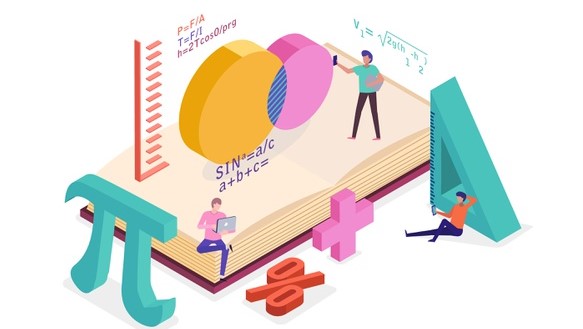
Registration, management and mathematical analysis of archaeological data
Analyze the transformations of the territories over the centuries by crossing the archaeological, historical, geological and geomorphological sources. Understanding the spatial organization and zoning of historical cities that overlapped over time and that today are buried or only partially visible, to create predictive maps of archaeological potential through the use of GIS tools and numerical analysis processes. Interdisciplinary approaches for the evaluation of archaeological potential: the MAPPA laboratory has a great tradition of research in the archiving and categorization of archaeological data, up to their analysis through GIS tools and mathematical/statistical methods, aimed at the predictive calculation of archaeological potential.

Archaeological Big Data
Big Data allow us to learn things impossible to understand using small amounts of data, thanks to the potential offered by software, hardware and algorithms. Their use requires a new archaeological approach: managing large amounts of data, accepting complexity, moving from causality to correlation. Big data inform, expose schemes for archaeological interpretation, are a resource and a tool: data mining, text mining, data visualization, quantitative methods, image processing, etc. help to understand complex archaeological information. Big Data open up new and unprecedented opportunities to read the great historical phenomena, allowing us to re-establish the social role of archeology.

Communication, dissemination and teaching of archaeological data
The MAPPA Lab has always paid attention to communication planning, developing strategies aimed at reaching different public targets in order to facilitate the understanding of scientific concepts and encourage collaboration with researchers outside the laboratory. Thanks to the use of different media, communication tools, and the collaboration with professionals in various sectors, MAPPA Lab carefully plans communication and dissemination for each research project.
Archaeological impact assessment
The MAPPA laboratory guarantees a solid experience in the elaboration of ARCHeological Impact Assessment (VIArch), carried out through the integrated approach of archaeological methodologies and techniques: from bibliographic and archive research to aerophoto interpretation, from stratigraphic readings to analysis with GIS software.
R 4 aRchaeologists Winter School started!
The Second edition of "R 4 aRchaeologists" winter school started on January 25! The 21 participants try their hand at both the statistical bases and those of the R programming language. During this week, attendees will learn data visualization principles and...
MAPPAClass series, next date on February, 4
The second appointment with the MAPPAclass webinar will be held on Thursday, February 4, at 17:30, talking about Contemporary archaeology with Francesca Anichini, an archaeologist who works at the MAPPA Lab at the Department of Civilisation and Forms of Knowledge at...
The MAPPAclass webinars have started. First appointment on January 21 with Nicolò Dell’Unto
The appointment with the first seminar of the MAPPAclass series is for Thursday 21 January 2021 at 17:30. Nicolò Dell'Unto (Department of Archeology and Ancient History, Lund University, Sweden & Museum of Cultural History, Department of Collection Management,...
The program of the MAPPAclass series of seminars is online
The appointments with the MAPPALab seminars are back and this year’s series is rich in terms of themes and number of speakers. Starting from January 21, and until June 24, the appointment is set every two weeks, on Thursday, always at 17:30. Italian and international...
R4 aRchaeologists Winter School, DEADLINE POSTPONED
You have time until 11 January 2021 to submit your application for the second edition of "R 4 aRchaeologists" Winter School will be held online on 25 January - 5 February 2021. A great opportunity to learn more about statistical analysis and visualization of...
Lunchtime Lecture at the Austrian Centre for Digital Humanities, university of Graz
New appointment to talk about digital archaeological data and research. Francesca Anichini and Gabriele Gattiglia from the MAPPALab will hold the next Lunchtime Lecture at the Zentrum für Informationsmodellierung, Austrian Centre for Digital Humanities of the...
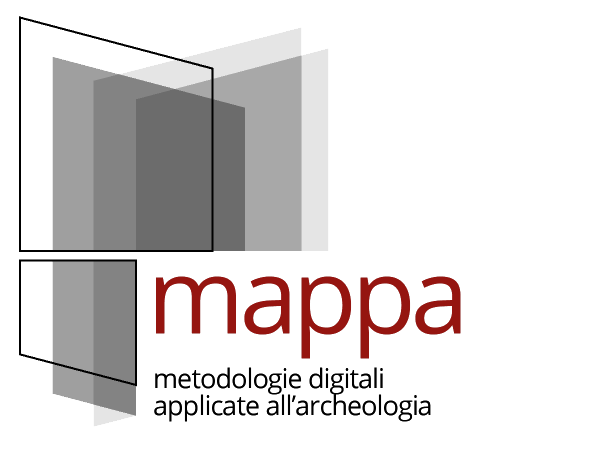

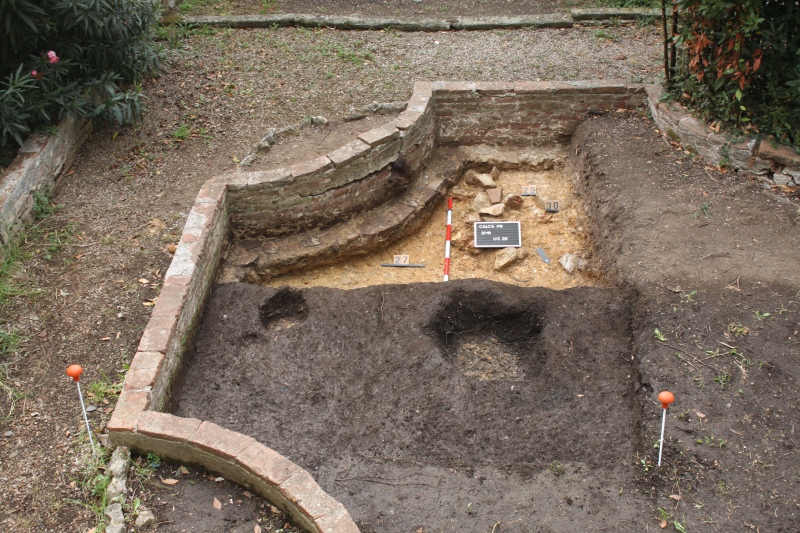
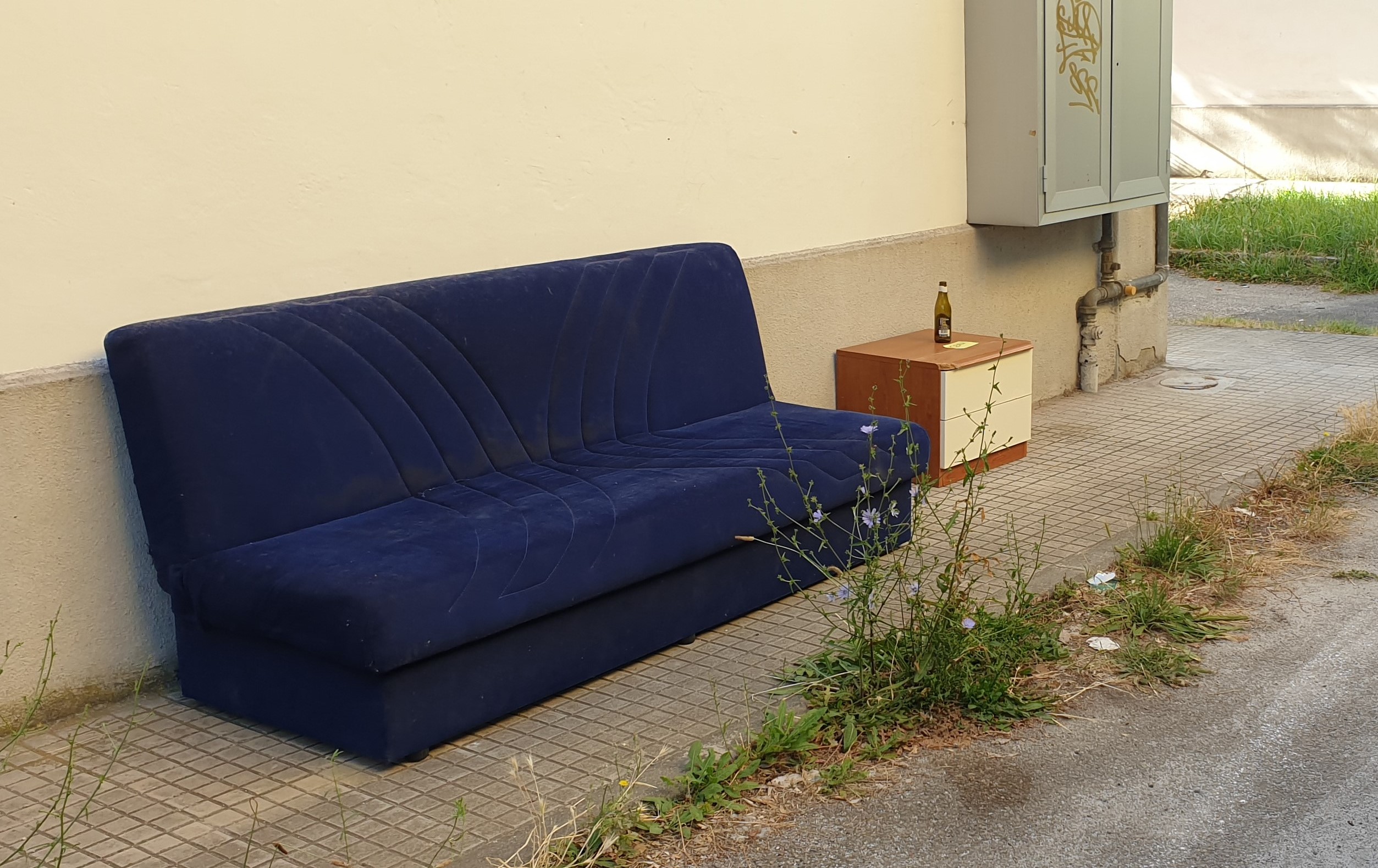


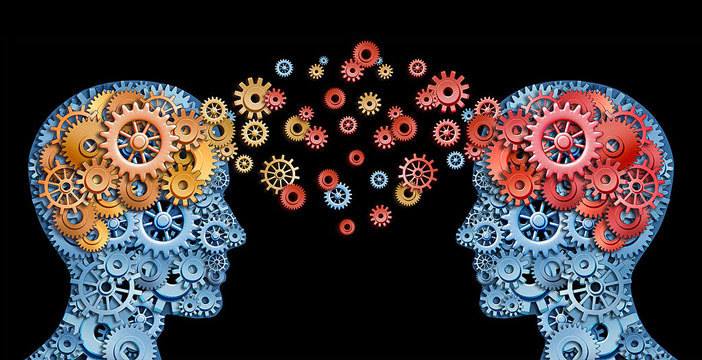
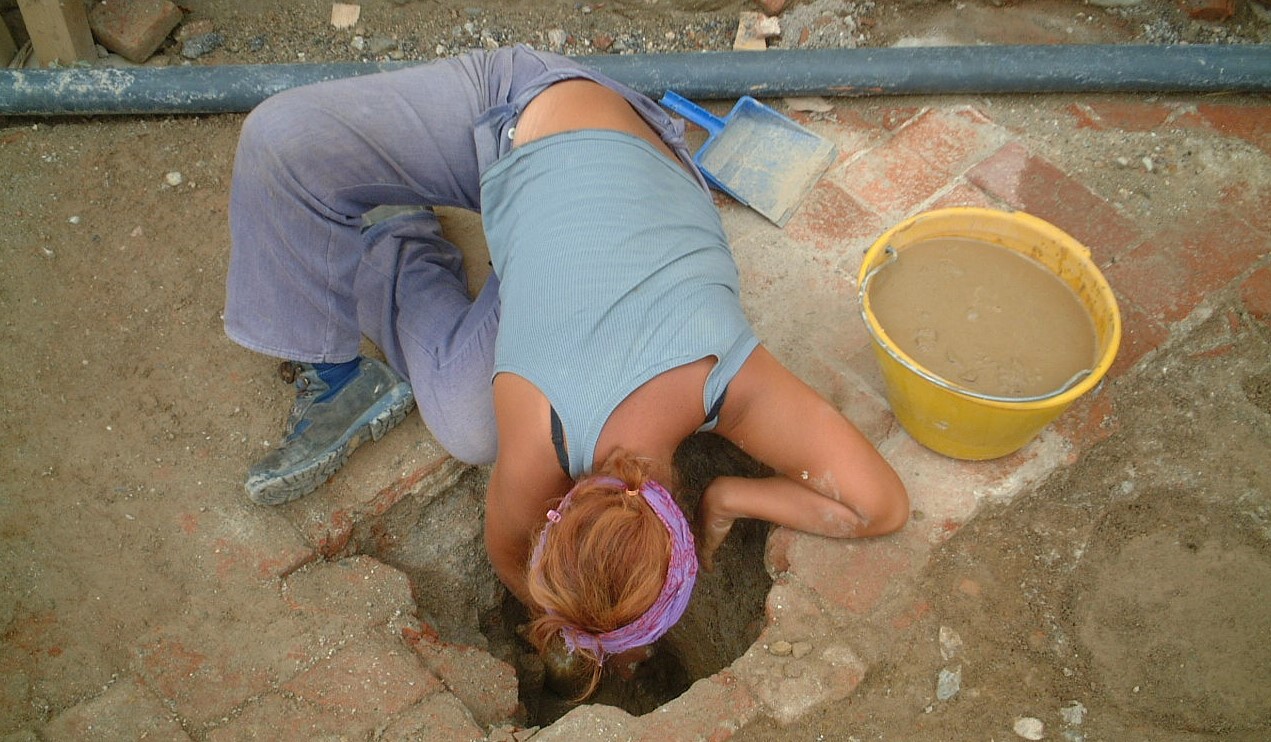
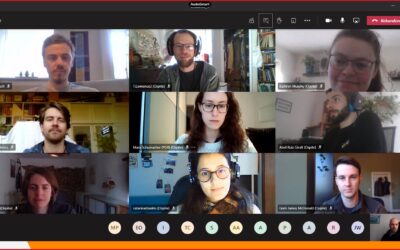
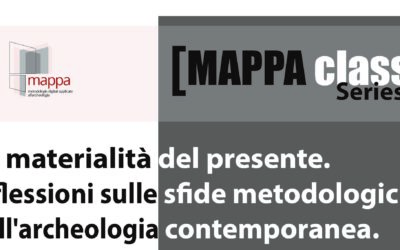
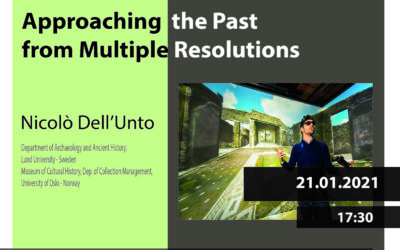
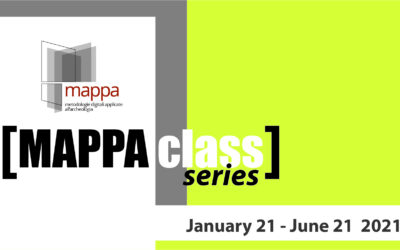
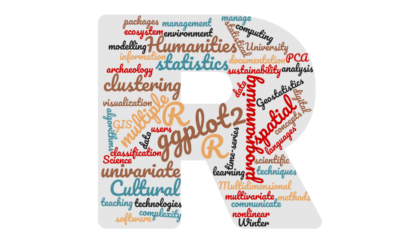
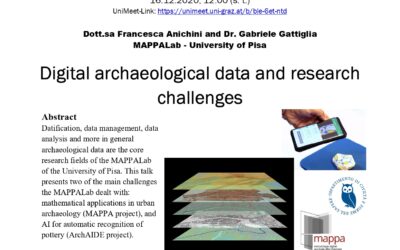
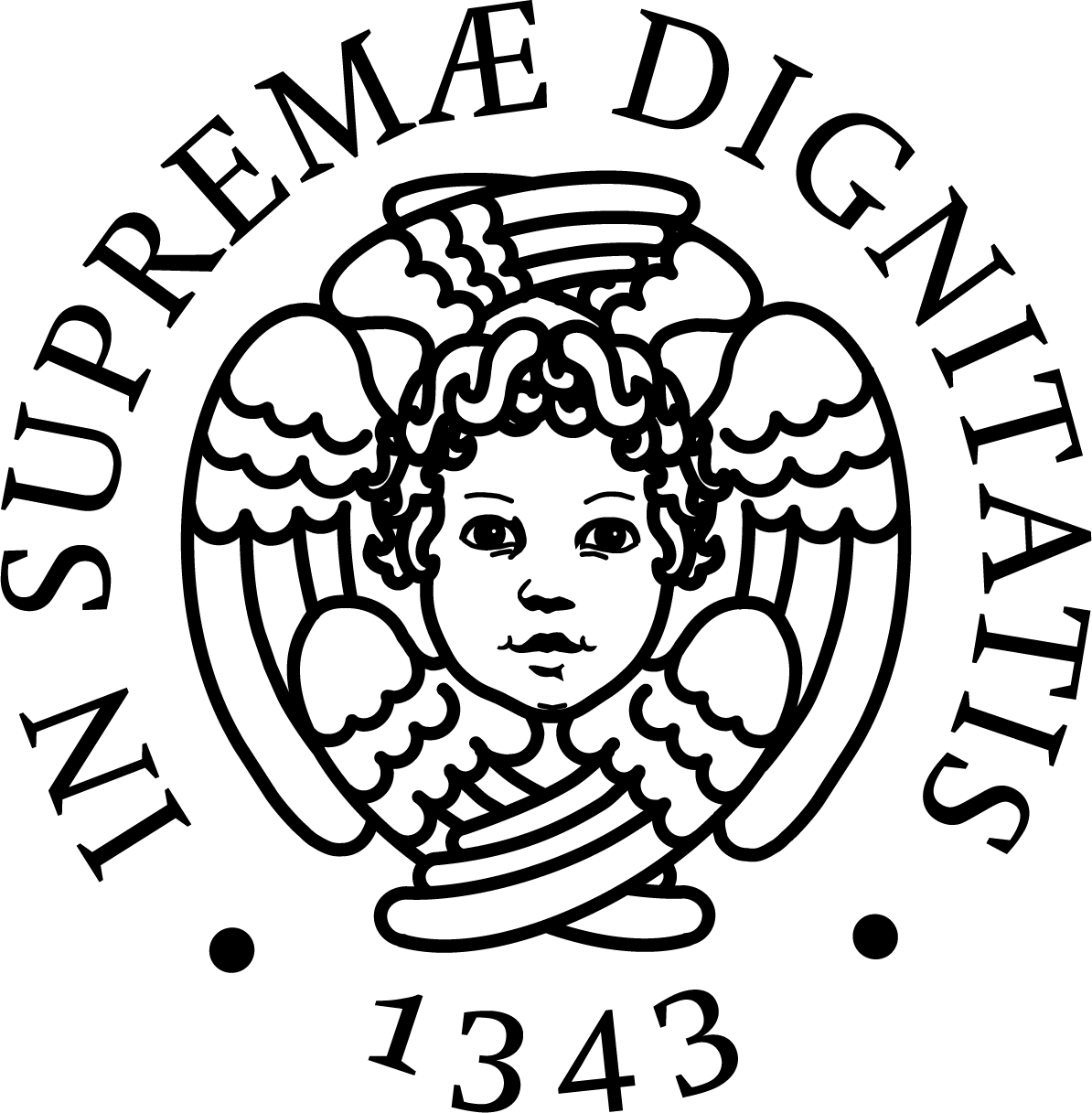
 Laboratorio MAPPA – Dipartimento di Civiltà e Forme del Sapere Università di Pisa
Laboratorio MAPPA – Dipartimento di Civiltà e Forme del Sapere Università di Pisa
